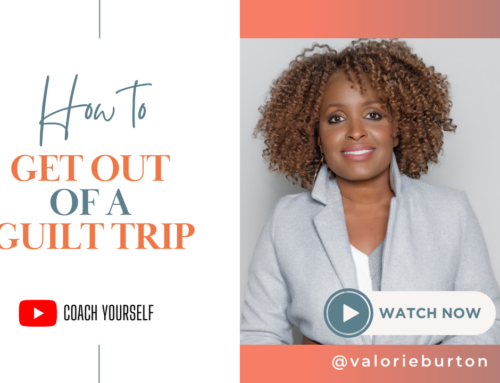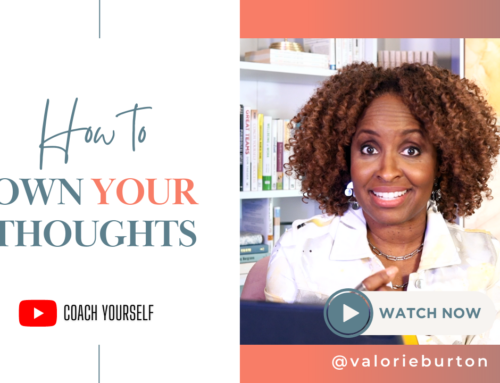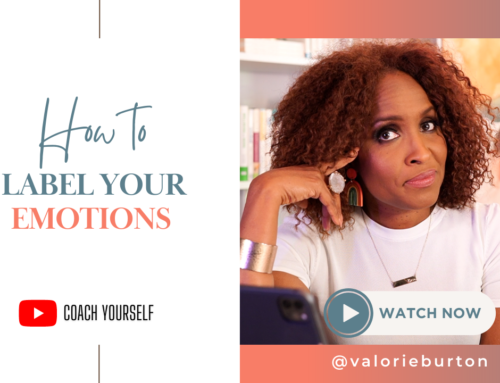When you say yes to things that are not purposeful for you, you are essentially saying no to your real priorities.
What is it about saying no that makes some of us so anxious? Many people overload their schedules simply because they are too concerned with what others think. Saying no is simple, really: “No, that really doesn’t work with my schedule right now.” “No, my time with family is so precious, I really can’t afford to add another responsibility right now.” “No, I have too much else on my plate to give that the attention it deserves.” Busyness is often based in fear, and fear of what others might think tops the list.
A friend shared recently that she’d been asked to take on a volunteer project that she wishes she’d never been asked to do. She feels bad about not taking it on, so she’s trying to figure out how to pile it on top of all of the other stuff on her schedule, including activities for her kids, volunteer work at a church, and new responsibilities at work. “Well, they really want me to do it, and I’d be letting them down if I tried to pass it off to someone else,” she explained. “It’s just once a week. It’s for a good cause.” It sounded like she was trying to convince herself rather than me. “What do you think?” she asked. “I think you should take a deep breath, and ask yourself what you think,” was my response. “What do you sense in your spirit is the right answer?” “I don’t want to do it, but I’m worried about what they will think,” she replied. That was the truth. And hearing herself say the obvious gave her the clarity to make a tough decision. The truth will make you free, but first, you have to admit it. She found someone to take her place who was enthusiastic about the project and suited to the task.
Taming your hectic schedule is often as easy as learning to say no more often. If your life sometimes feels overloaded, I challenge you to get honest with yourself when you feel anxious about a choice you need to make. Consider a decision, a choice, or situation in which you feel anxious about saying no even though saying yes will result in filling your schedule with an activity that really isn’t a priority for you right now. Coach yourself with these questions:
1. What do you really want to say in this situation?
One of the most disarming ways to say no is to tell the person how anxious you feel about saying it. It goes something like this: “I have been really wrestling with telling you this because I’d really like to help, but I just can’t. I’m not sure if you’ll even understand, but I really hope you will. With all that’s on my plate right now, I really can’t add anything else.”
2. What are you worried will happen if you say no?
In the moment it bombards you, confront your negative thinking. Your imagination can get the best of you when fear is involved. You might tell yourself, “She’ll never talk to me again,” when the reality is that she’ll get over it by tomorrow. And even if she doesn’t, you really need to question the health of any relationship in which you cannot be honest without dire consequences.
3. If you say yes, what priorities or goals will get less of your time?
Be realistic. You can’t do everything, and adding another ball to the many you’re already juggling means one will have to fall. Are you willing to sacrifice time with your family to take on that new project? Are you willing to do a less-than-stellar job on that project at work in order to chair an event?
4. What lesson is this situation offering you right now? Will you embrace the lesson?
When you learn to speak the truth without beating around the bush, you free yourself to focus on your priorities. Be simple, direct, and honest. Courage is a muscle, and no is a word that will help you strengthen it.



